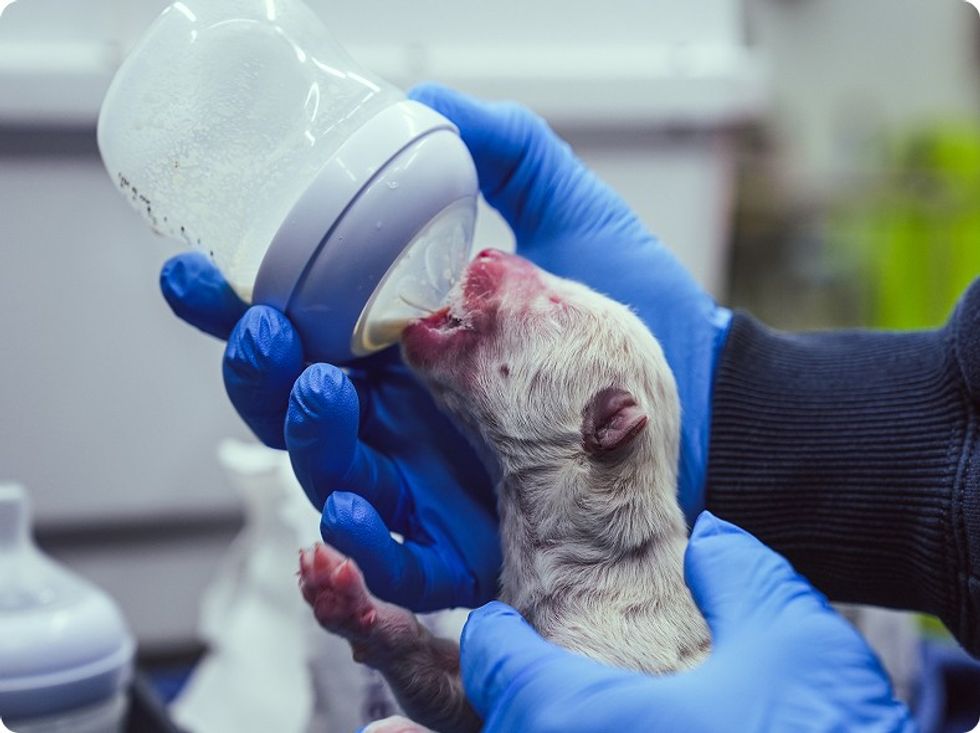TWO doses of Pfizer and AstraZeneca Covid-19 vaccines generate lower levels of antibodies against the Omicron variant of coronavirus, according to a study which suggests that those previously infected or vaccinated may be at an increased risk of infection.
Researchers from the University of Oxford in the UK analysed the impact of the Omicron variant of concern on one of the immune responses generated by vaccination.
The yet-to-be peer-reviewed study, posted on the preprint repository MedRxiv on Monday (13), used blood samples from individuals who had previously received two doses of the AstraZeneca or Pfizer vaccines.
The research demonstrates substantial decrease in neutralising titres - a measure of the level of neutralising antibodies generated in responses to vaccination against, or infection from, Covid-19.
The results indicate that the Omicron variant has the potential to drive a further wave of infections, including among those already vaccinated, the researchers said.
They, however, noted that there is currently no evidence of increased potential to cause severe disease, hospitalisations or deaths in vaccinated populations.
These results align with recently published data from UK Health Security Agency, showing reduced effectiveness of two doses of these vaccines against symptomatic disease due to the Omicron variant compared to Delta.
This effectiveness was, however, improved by a third dose of vaccine, the researchers said.
"These data will help those developing vaccines, and vaccination strategies, to determine the routes to best protect their populations, and press home the message that those who are offered booster vaccination should take it," said Professor Gavin Screaton, head of the Oxford's Medical Sciences Division, and lead author of the paper.
"Whilst there is no evidence for increased risk of severe disease, or death, from the virus amongst vaccinated populations, we must remain cautious, as greater case numbers will still place a considerable burden on healthcare systems," Screaton said.
The researchers noted that these data are important but are only one part of the picture.
They only look at neutralising antibodies after the second dose, but do not tell us about cellular immunity, and this will also be tested using stored samples once the essays are available, they said.
"Importantly, we have not yet assessed the impact of a 'third dose' booster, which we know significantly increases antibody concentrations, and it is likely that this will lead to improved potency against the Omicron variant," said Matthew Snape, a professor at the University of Oxford and co-author of the study.
"Vaccination induces many arms of our immune system, including neutralising antibodies and T-cells," said Teresa Lambe, a professor at the University of Oxford, and an author of the paper.
"Real-world effectiveness data has shown us that vaccines continue to protect against severe disease with previous variants of concern. The best way to protect us going forward in this pandemic is by getting vaccines in arms," Lambe added.
(PTI)




















 The project represents the first successful demonstration of the company’s complete de-extinction processColossal Biosciences
The project represents the first successful demonstration of the company’s complete de-extinction processColossal Biosciences The new arrivals: Two six-month-old males named Romulus and RemusColossal Biosciences
The new arrivals: Two six-month-old males named Romulus and RemusColossal Biosciences
Anurag Bajpayee's Gradiant: The water company tackling a global crisis